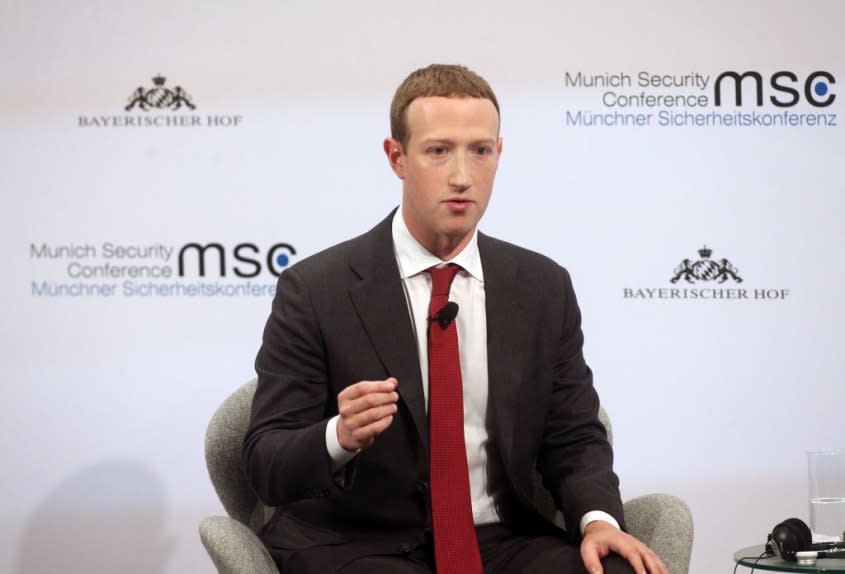The case for treating Facebook as a 'hostile foreign power'

- Oops!Something went wrong.Please try again later.
While many of Facebook's critics are pushing for antitrust regulation to rein in the tech giant, The Atlantic's Adrienne LaFrance thinks dealing with the company also "requires a civil-defense strategy." In other words, she believes Facebook deserves to be treated like a "hostile foreign power."
LaFrance argues that Facebook effectively fits the bill as a digital nation-state, considering that it has nearly 3 billion users (more than the populations of India and China) combined, its own form of governing philosophy, and is developing its own blockchain-based payment system. And, when viewing the company as a nation-state, it's difficult to ignore "its single-minded focus on its own expansion; it's immunity to any sense of civic obligation; its record of facilitating the undermining of elections; its antipathy toward the free press; its rulers' callousness and hubris; and its indifference to the endurance of American democracy," LaFrance writes, adding that it also utilizes unethical surveillance and data-gathering strategies. "If Russia or China were taking the exact same actions to undermine democracy, Americans would surely feel differently," she contines.
In her piece, LaFrance doesn't provide a concrete strategy for taking on Facebook, acknowledging that corporate boycotts or employees lobbying for reform likely wouldn't lead to much. Instead, LaFrance believes it will ultimately be up to the site's users to demand change. Even then, if Facebook lost 1 billion profiles, there'd still be 2 billion left, so that's probably a longshot, as well. But, for now, LaFrance is just hoping people "recognize the danger" they're in and "shake the notion that Facebook is a normal company, or that hegemony is inevitable." Read more at The Atlantic.
You may also like
7 painfully funny cartoons about America's endless vaccine fights
Democrats are governing like Republicans
How America's shredding of international law enabled the Tigray crisis

